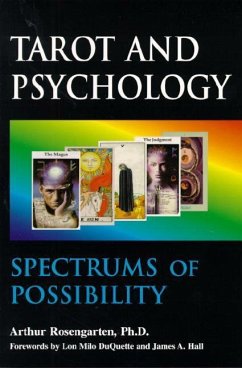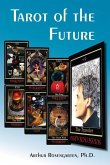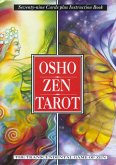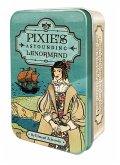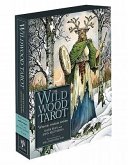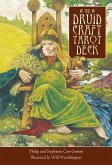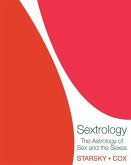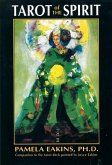What A Clinical Psychologist Espousing Tarot Cards? Dr. Arthur Rosengarten, in Tarot and Psychology: Spectrums of Possibility, does just that. He explains Tarot to those who may want to learn to use it properly for the greatest good-individuals who desire greater spirituality in their lives, including the benefits of psychological insight and depth, without the baggage of affiliation that invariably accompanies any single set of beliefs. Tarot, they will soon find, operates on many levels of profound meaning from a purely non-affiliated platform in the truest sense. Tarot makes accessible to awareness a full spectrum of psychological and spiritual possibility with little preference for its user's qualifications or beliefs. Rather magically, one might say, Tarot captures the heartbeat of experience. This fact alone should make the deck of human possibility immediately relevant to helping professionals who deal with the heartbeats of experience daily. The use of Tarot as an oracle for creating awareness and gaining insight into particular symptoms, problems or questions-i.e. Tarot divination-is often mentioned as an afterthought, alongside other meditational exercises and alternative spread configurations. Yet today, the vast majority of individuals who have discovered the wonders and mysteries of Tarot have done so through experiences of divination. Card reading, without a doubt, is Tarot's most beguiling and potentially beneficial enterprise. Why dance around the magic? For Tarot to continue to evolve into the 21st century (and beyond) it must have a stronger application emphasis, that is, it must be relevant, accessible, and meaningful to the changing contours of people's lives. It must resonate with all who seek greater meaning, creativity, and awareness, not simply with small segments of the waning New Age. Tarot and Psychology provides an innovative new approach for understanding the psychological and spiritual possibilities of human experience.
Hinweis: Dieser Artikel kann nur an eine deutsche Lieferadresse ausgeliefert werden.
Hinweis: Dieser Artikel kann nur an eine deutsche Lieferadresse ausgeliefert werden.
